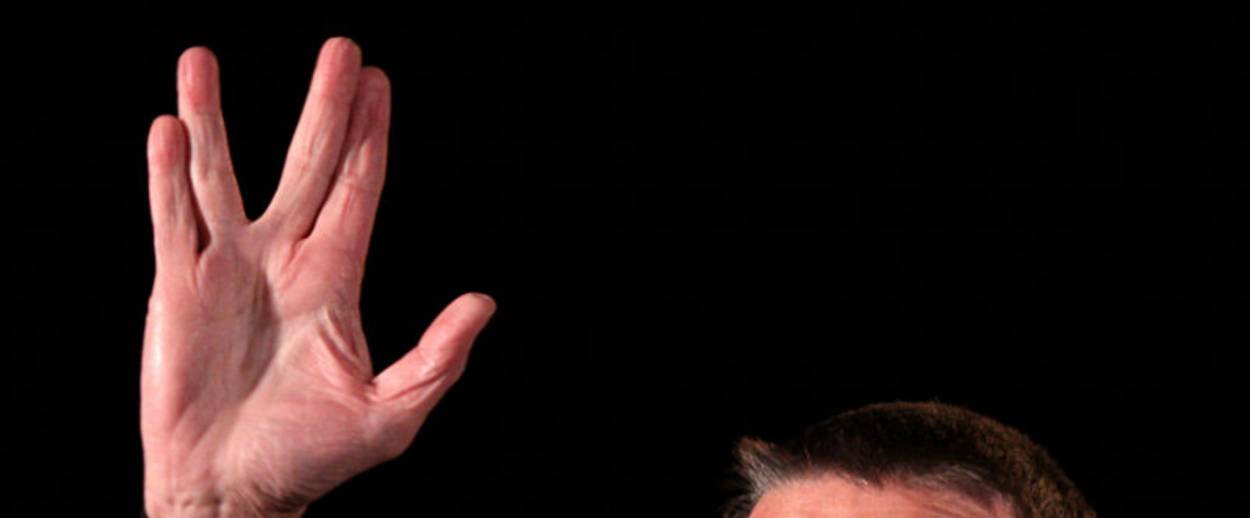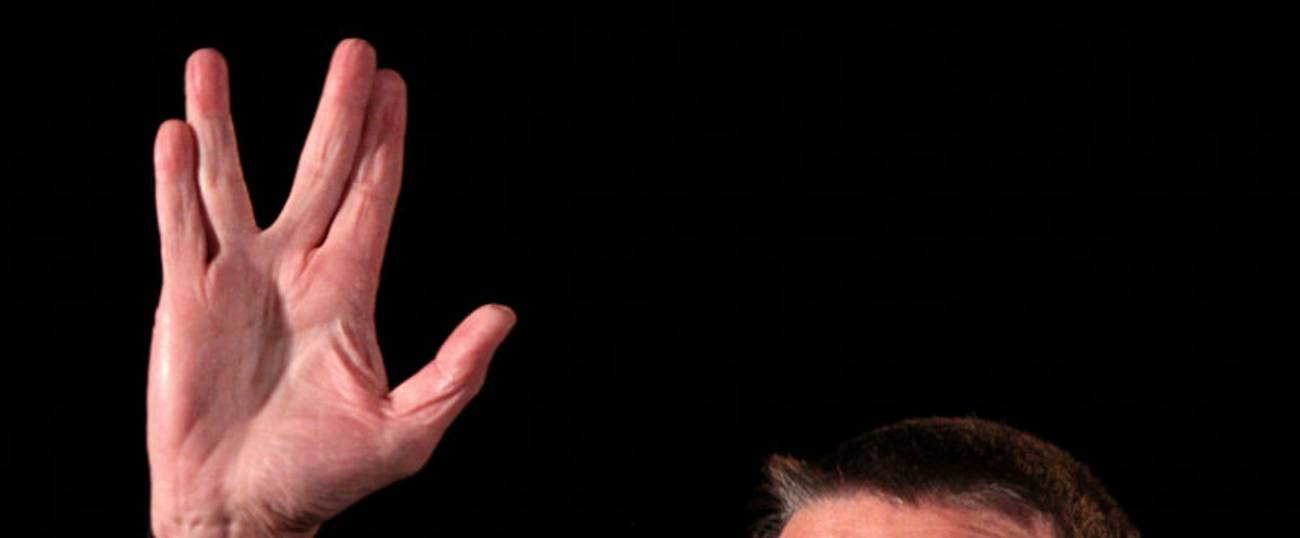How to Be a Better Person, Month by Jewish Month
Elul, the last month of the Hebrew calendar, presents us with the opportunity to reflect and repent before the High Holdays. So why not do this during the entire year?




We are now firmly in Elul, the last month of the Hebrew calendar—a sort of dress rehearsal of repentance in preparation for the High Holidays (they’re heeeere). It’s a time when we reflect on our shortcomings of the past year, resolve to do better in the coming one, and to complete those last-minute extra-credit projects (mitzvot, e.g.) to bring up your life GPA.
According to Jewish tradition, God is receptive to us in a more open and compassionate manner during Elul than in the rest of the year. The concept is generally explained by Rabbi Schneur Zalman of Liadi’s metaphor, “The king is in the field.” Usually, the king’s place is in the palace. Anyone wishing to approach him must go through the appropriate channels of palace bureaucracy, not to mention actually journeying to the capital itself. They have to dress and speak the part and adhere to the exacting royal protocols of conduct. However, there are times when the king comes out to the fields outside the city. And at such times, he is approachable by anyone. By the same token, Elul is the time God is the most accessible to the Jewish people. During Elul we’re supposed to take advantage of this proximity to God and this last chance granted to make up for our actions over the past year, by putting our efforts into creating a mood of repentance and course-correction that builds up to Rosh Hashanah and Yom Kippur, and hopefully through the rest of the new year.
Because us Jews are sensible.
And so, here is a helpful list of 5777 Resolutions for us all—one resolution for us to contemplate in contrition for each Hebrew month of this last year and to bring forward into the new one.
1. Tishrei: Make a list of people you need to apologize to and do it immediately to get it out of the way. Not so it’s out of your way. So it’s out of their way. Because the last thing someone freaking out three days before Rosh Hashanah—about seat ticket prices, those family members flying in, cooking endless meals, and locating their machzor—needs is being bum-rushed into forgiving you for that time so that God doesn’t kill them in the face.
2. Cheshvan: Apologize to your parents. You might think you haven’t done anything wrong (this year). But you have. Just trust me. They’ll find something. You don’t need to realize what it is. It’ll just make them feel better and like you’ve grown as a person.
3. Kislev: Do a different good deed every day. Pay for the coffee of the customer behind you. Help someone up or down the stairs with their packages. Hold your tongue when your friend says they love Star Trek: The Motion Picture. Which will be a miracle.
4. Tevet: “Now go and study it.” Everyone remembers the first part of the famous Talmudic dictum,“Don’t do unto others what you would not want done to you—that is the whole Torah; the rest is commentary.” But they always leave out the last section of the quote, which instructs us to actually study God’s words. So try it out. You might learn something interesting.
5. Shvat: Buy Mamaleh Knows Best, Marjorie Ingall’s new book about raising mensch-kids, because it’s awesome. So awesome that someone might try to steal it from you.
6. Adar: Give someone the benefit of the doubt. You never truly know the reasons or motivations behind someone’s actions. Maybe the cashier is grumpy because her boss stiffed them on overtime hours. Maybe the guy not getting up on the subway for a pregnant lady has fibromyalgia and is in excruciating but invisible pain. Maybe your friend likes Star Trek: The Motion Picture because it rescued them from a hostage situation by putting all their captors to sleep. You never know.
7. Nisan: Buy Mamaleh Knows Best for a friend. It’s that good. Trust me.
8. Iyar: Be ever grateful that Robert Fletcher, the costume designer for Star Trek: The Motion Picture, got his shit together in the next four films.
9. Sivan: Take time to stop and relax. Being the father of a 2-year-old who stops at every flower patch and anthill and tree really does impress upon you to take in and enjoy life around you. Just don’t, say, take almost six minutes to undock your ship like the Enterprise in Star Trek: The Motion Picture.
10. Tammuz: Seriously Robert, you had unused bolts of cloth from The Ten Commandments and that’s the best you could do? Kirk in short sleeves looking like a cruise tour guide and a crew looking like a box full of pastel crayons?
11. Av: Do a different mitzvah every day. No, this isn’t me repeating myself. The difference between a mitzvah and a good deed is like a square and a rhombus: Every mitzvah is a good deed, but not every good deed is a mitzvah. A mitzvah specifically refers to fulfilling a commandment. Walking an old lady across the street? Great deed. But there’s no “Thou shalt walk old ladies across streets” commandment. Seeing someone getting stabbed in an alleyway and calling 911 or coming to their defense? That is a mitzvah. (“Do not stand idly by while your neighbor’s blood is shed,” Leviticus 19:16.)
12. Elul: Watch Star Trek: The Motion Picture. Y’know. Just to get a brief taste (again) of what sinning is like. And why you don’t want to go there (again).
VoxVault: Blow, Gabriel, Blow
MaNishtana is the pseudonym of Shais Rishon, an Orthodox African-American Jewish writer, speaker, rabbi, and author of Thoughts From A Unicorn. His latest book is Ariel Samson, Freelance Rabbi.